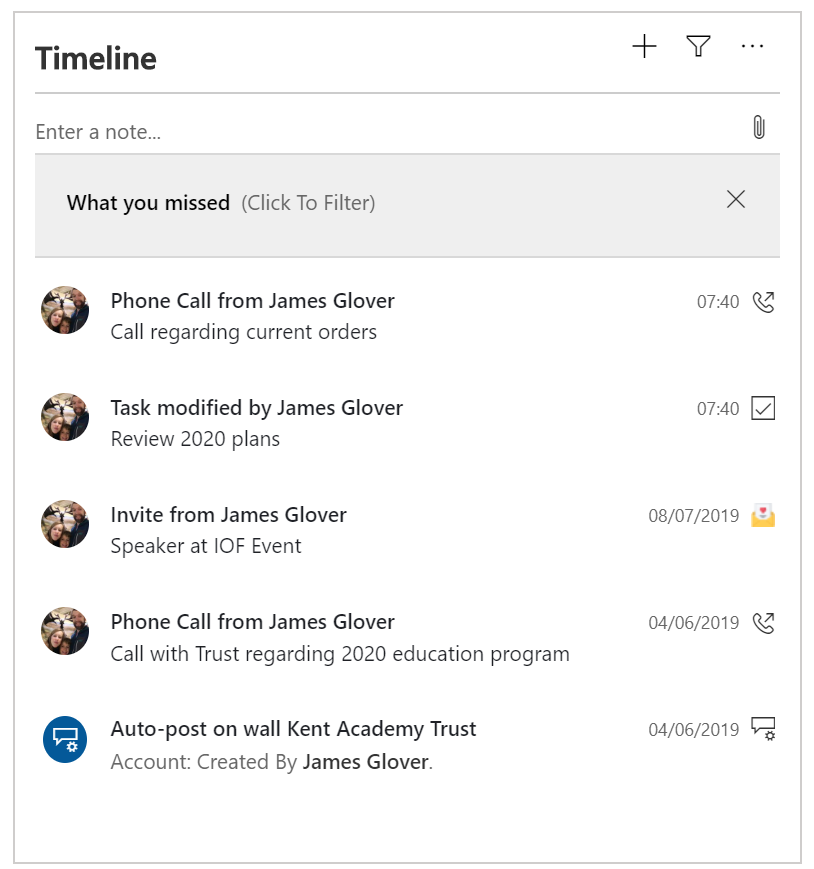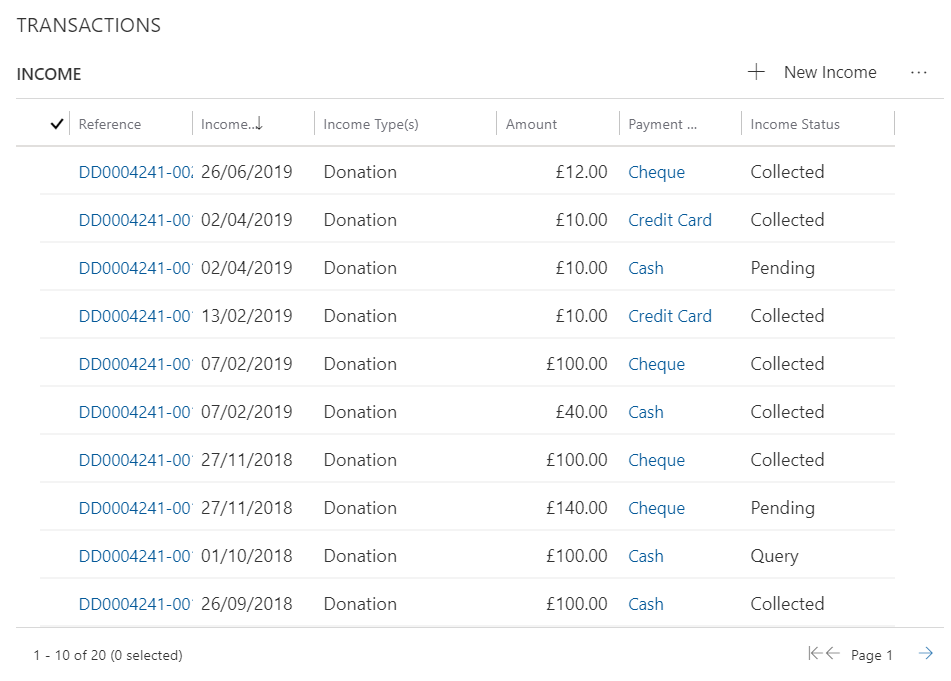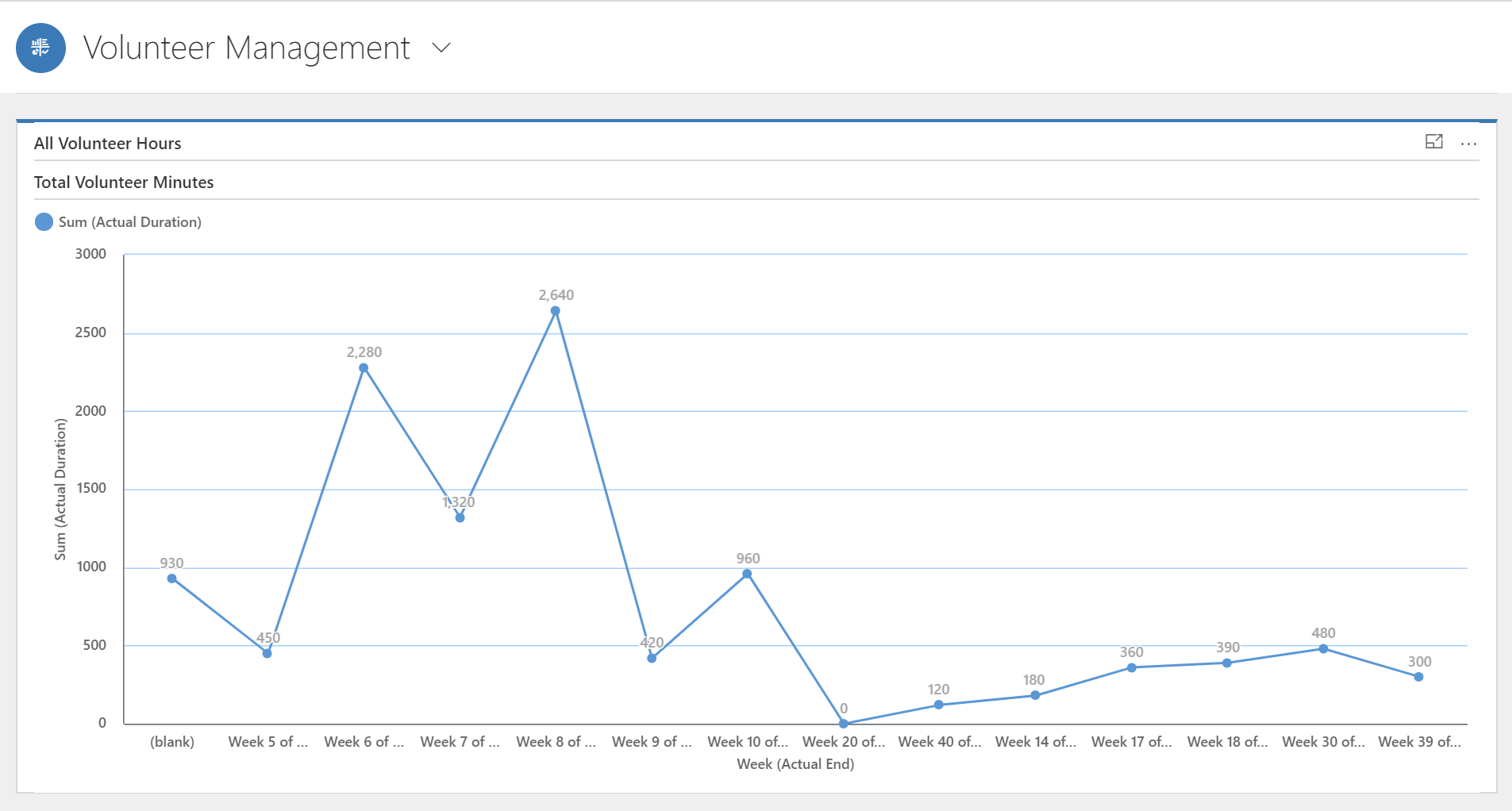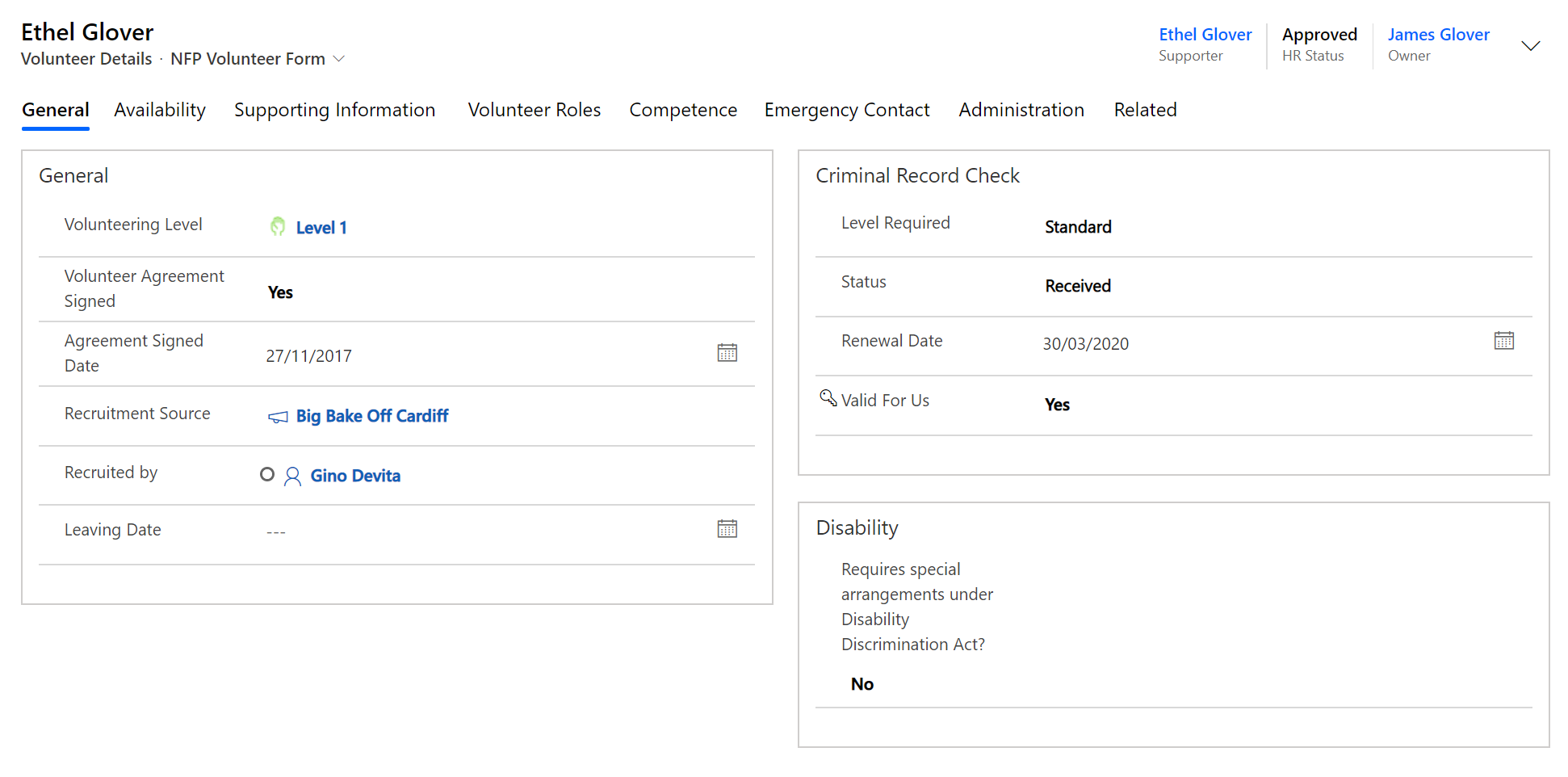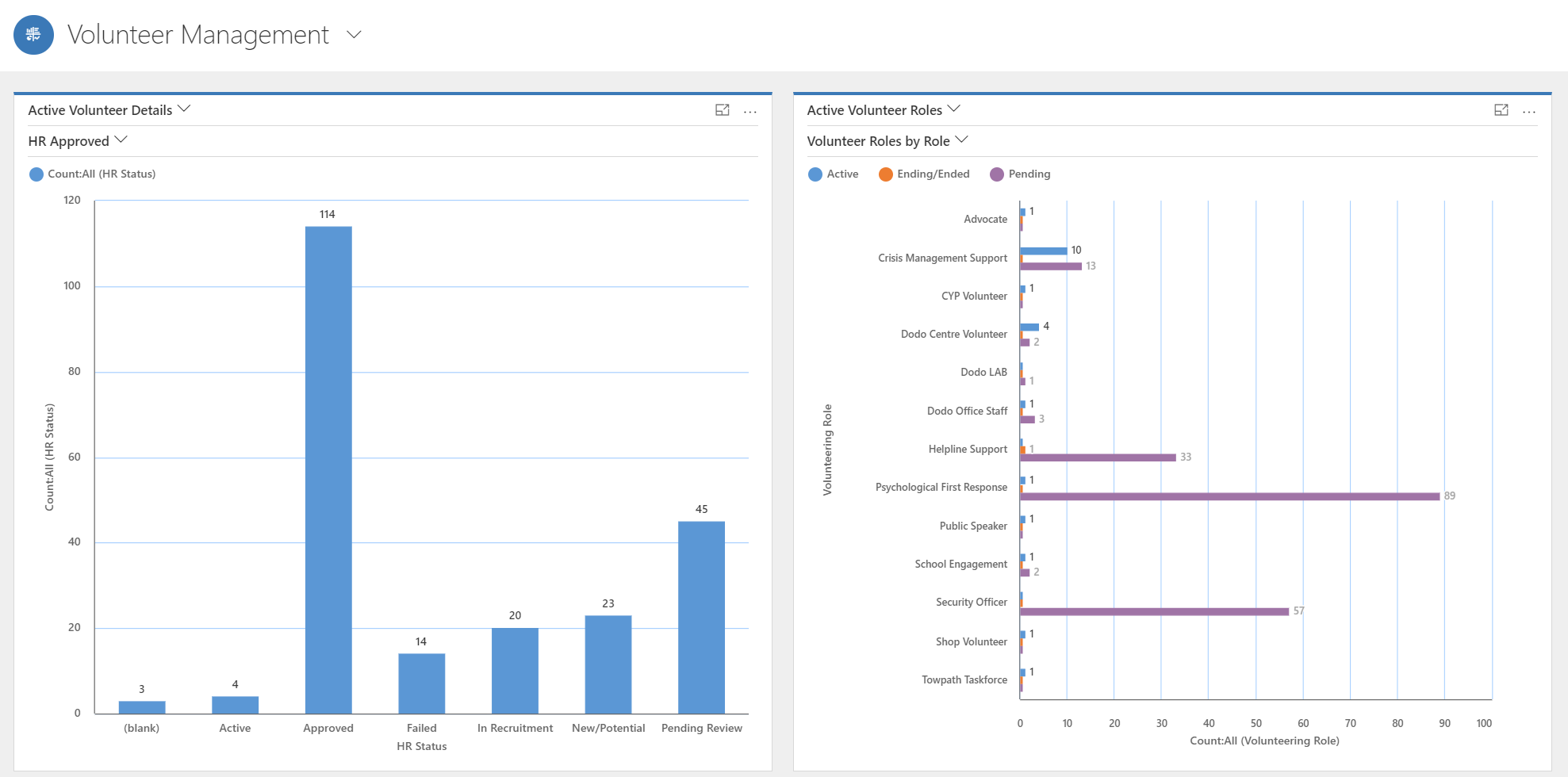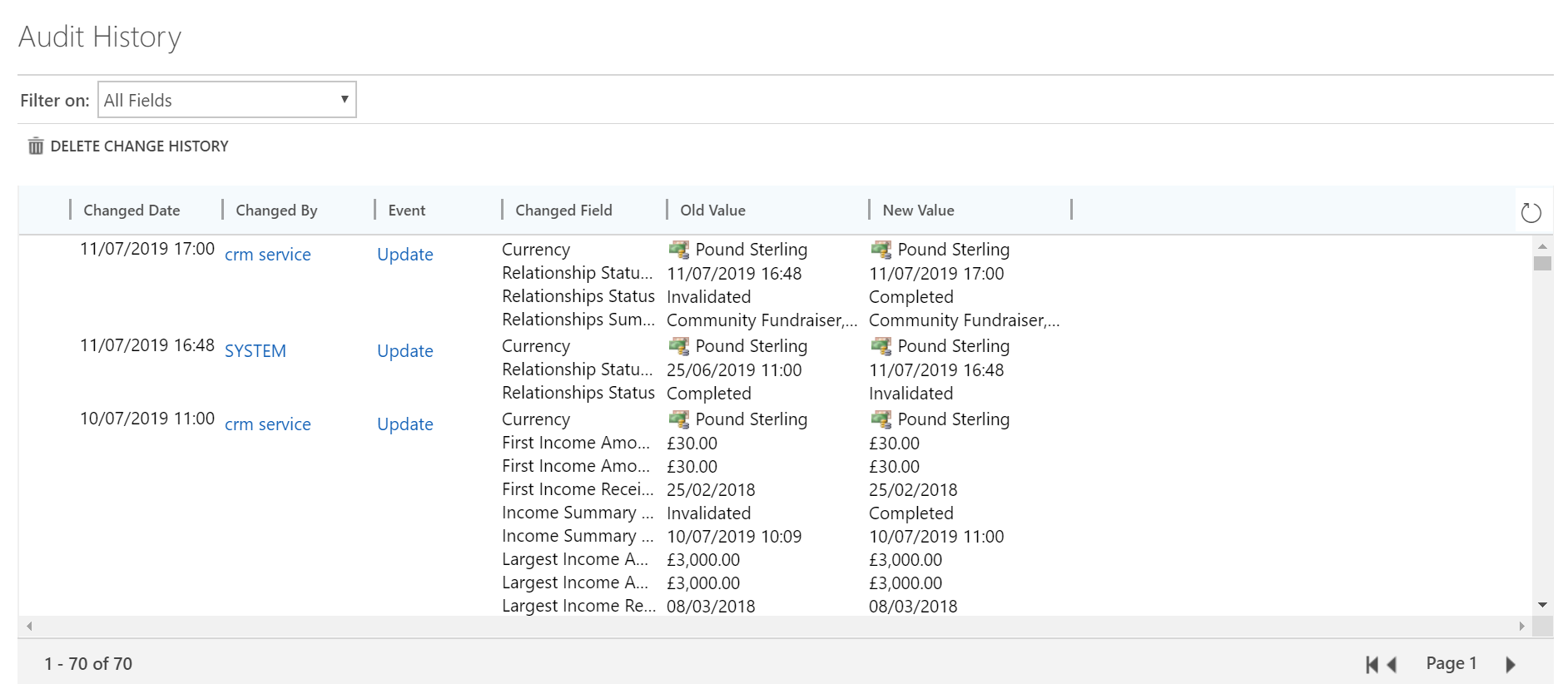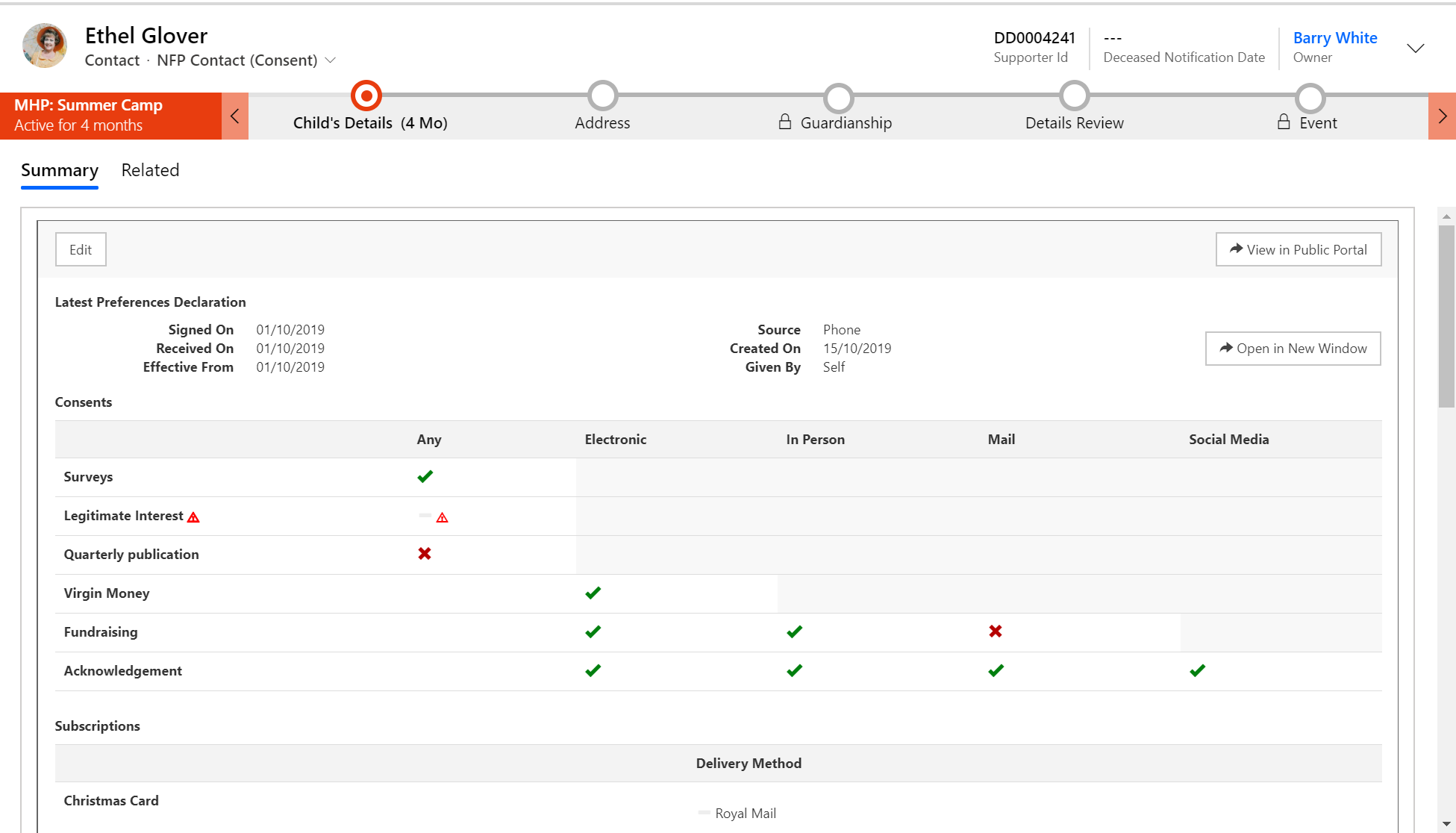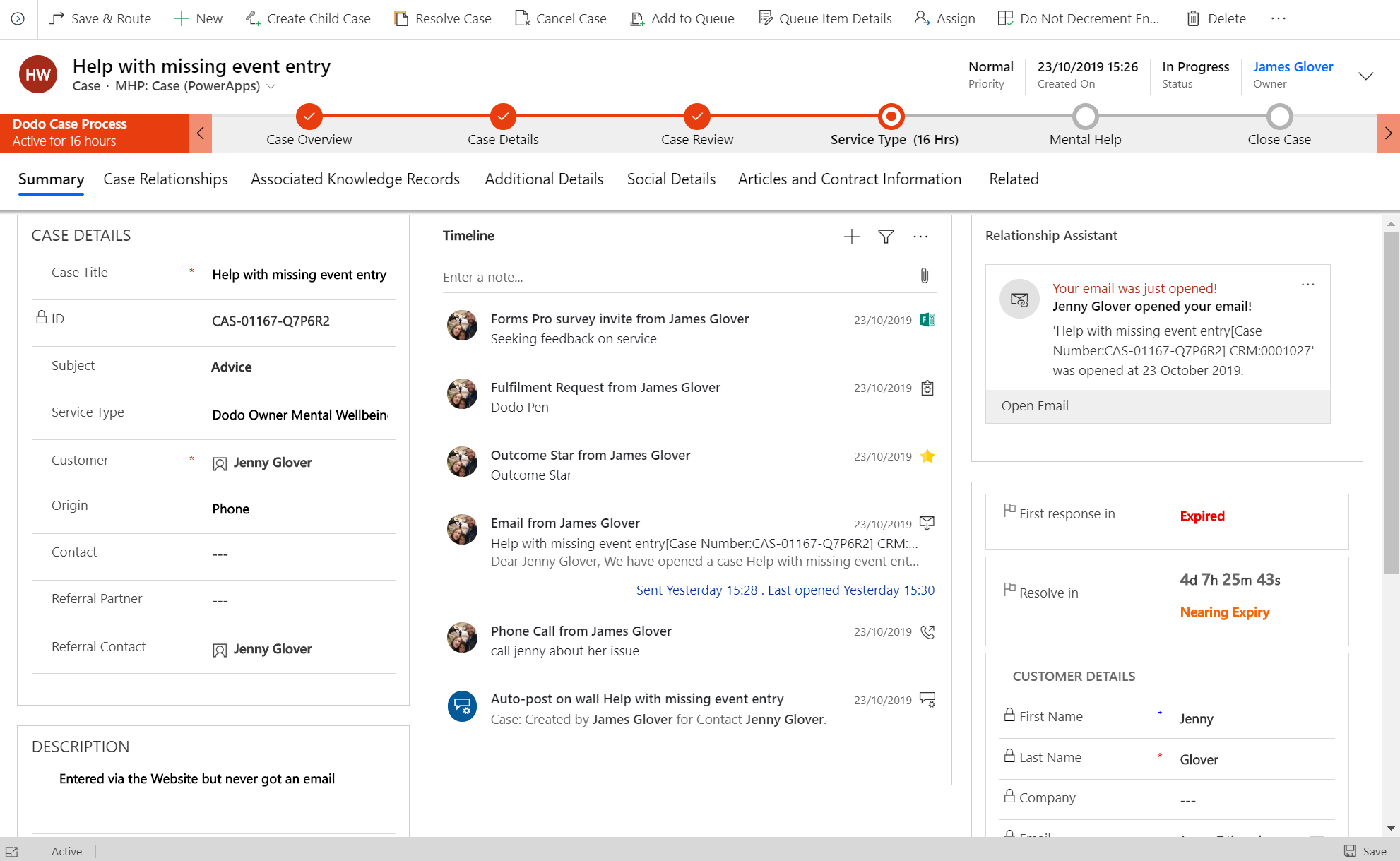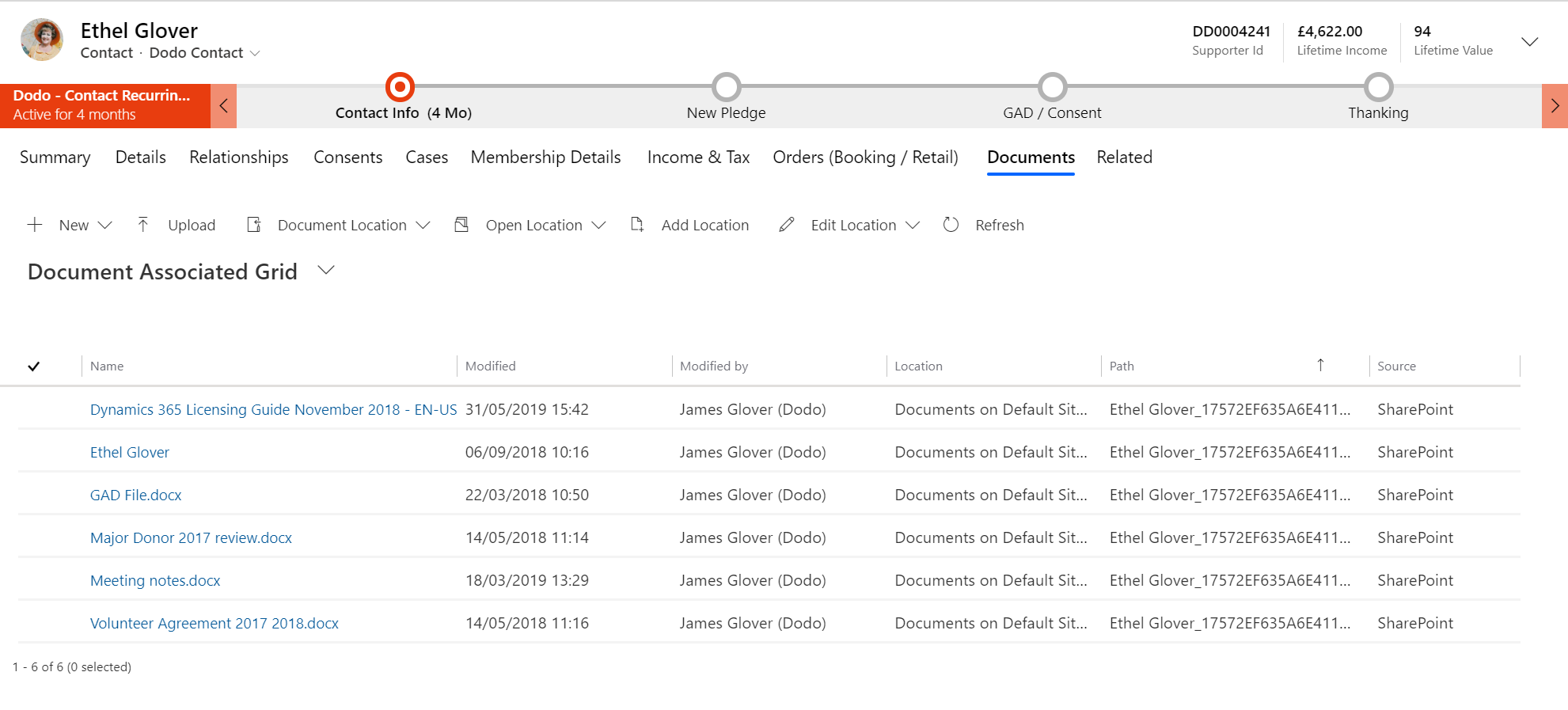The Code of Fundraising Practice came into effect on the 1st October 2019. It sets the standards and best practices that charitable organisations within the UK need to comply with in terms of their fundraising activities. Whilst it isn’t law, it does include standards that reflect the law and places responsibility on charities to ensure that they meet the requirements set out by law.
According to the Fundraising Regulator, the aim of the Code is to:
- promote a consistent, high standard of fundraising;
- make sure charitable institutions, their governing bodies and fundraisers know what is expected of them;
- set out the standards to use when considering complaints;
- provide a benchmark for organisations and fundraisers to assess their practices against so they can identify necessary training and monitor and set policy priorities for their fundraising; and
- develop a culture of honesty, openness, and respect between fundraisers and the public.
Being able to store and process data in a stable and secure environment is an essential part of meeting these standards. But a database is only as good as the information entered into it, which is why investing in solutions like Microsoft Dynamics 365 is so important and can bring a wealth of benefits to charities.
How Dynamics 365 can help charities to comply with the Code of Fundraising Practice
So how can Dynamics 365 help charities to comply with the Code of Fundraising Practice?
- Activities and communications: Any volunteer, donor or third party that a charity interacts with, needs to be effectively managed, documented and tracked. Dynamics 365 has powerful activity tracking functionality that is fully embedded within the solution. All emails, phone calls, chats and interactions for a specific individual are recorded, providing full auditability and a complete 360-degree view of that supporter. This applies to both inbound and outbound communications so charities can ensure that the right communications are going to the right people, at the right time.
2. Income processing of fund allocation: The Code of Fundraising Practice makes it really clear that charities need a way of maintaining and tracking where money has come from and how it’s been spent. Dynamics 365 allows charities to provide a comprehensive audit trail of evidence, from showing a complete list of every single transaction a donor has made, which specific campaign or event it came from, all the way through to tracing which project it was spent on.
3. Volunteers and third-party organisations: Dynamics 365 allows charities to effectively communicate with volunteers and also gives them the ability to ensure that they have the right checks and certifications in place in order for them to volunteer with the charity. It records every activity or piece of information about an individual or organisation so that charities can build up a complete picture of how they interact with them.
4. Dashboards, reports and performance: Dynamics 365 has built-in dashboards and reporting functionality, which includes a native volunteer dashboard so that charities can view information such as how many new volunteers have come on board and the roles associated with them. The dashboards provide an overview of volunteer performance and allow charities to keep track of skills, hours worked, checks, recruitment, etc so that they can see where they might have any gaps.
5. Audit trails, business processes and workflows: Dynamics 365 gives charities audit trails so they can see what changes were made within the system and by whom. Business processes within Dynamics 365 ensure that charities are only capturing the right data about an individual at the right time.
6.Security and access to data: The Code of Fundraising Practice reverts to charities always ensuring that specific users only have access to certain data. Dynamics 365 enables charities to set permissions within the system so that users only see the information they are allowed to, according to their job role. This is particularly important when holding sensitive information like medical records.
7.Consent and preferences: The Code quite rightly states that, as per GDPR, charities need to ensure that every single supporter gives them their permission to store, retain and process their personal data in a way in which they have agreed to. Within Dynamics 365, individual supporter records store when that person gave consent and what their specific preferences are in terms of how and when they want to be communicated with.
8.Complaints functionality: According to the Code, complaints need to be documented in a fully auditable, managed system. Through its case management functionality, Dynamics 365 gives charities the ability to record when a complaint comes in, helping them to ensure that they respond within a certain amount of time. It also gives them the evidence that they have addressed that complaint, allowing them to improve their internal processes.
9. Secure storage of documents: The Code stipulates that charities must securely store their documents and data. Dynamics 365 stores data in the Cloud using SharePoint and Microsoft Azure. Microsoft takes security extremely seriously having invested over $1bn USD into security research and development, plus it has 3,500 cybersecurity experts working with them. Dynamics 365 itself has multi-layered, built-in security controls that safeguard data and streamlines compliance.
10. Event management: Within the Code, it states that it is important to ensure that risk assessments are carried out before holding an event of any size. Appropriate health and safety arrangements must also be in place as well as any relevant insurance policies like a third-party public-liability cover. Dynamics 365 has an event system that manages information like health and safety, risk assessments, the capacity of the venue, etc, all in one place so that charities can ensure they have done their due diligence.
Charities wanting to commit to the Code of Fundraising Practice can register with the Fundraising Regulator. By doing so, these charitable organisations are agreeing to apply and abide by the rules stated within the Code. An appropriate digital solution like Dynamics 365 can really help charities to adhere to the Code as well as bringing them many other benefits. From one central place, charities can build strategic marketing campaigns informed by data, report and track their fundraising performance and automate marketing activity.
For further information about our NfP 365 solution – which is based on Microsoft Dynamics 365 and tailored to the specific needs of charities – download our eBook on the “10 reasons charities choose Microsoft Dynamics 365 for managing supporter relationships.”

